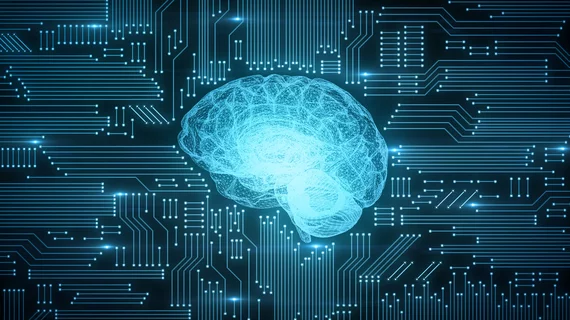Machine learning IDs schizophrenia via MRI with 78% accuracy
A machine learning algorithm trained to analyze MRI images identified schizophrenia patients with 78 percent accuracy, according to a recent study published in Molecular Psychiatry.
The researchers, led by Bo Cao with the University of Alberta in Canada, designed the algorithm to measure connections in the superior temporal cortex to other regions in the brain when analyzing MRI images, according to a news release from the university.
"This is the first step, but ultimately we hope to find reliable biomarkers that can predict schizophrenia before the symptoms show up," said Cao, an assistant professor of psychiatry at the U of A. "[I]n the future, with the help of machine learning, if the doctor can select the best medicine or procedure for a specific patient at the first visit, it would be a good step forward."
The algorithm was also predicted whether a patient would respond positively to the antipsychotic treatment risperidone with 82 percent accuracy.
Cao said that developing a personalized treatment plan for schizophrenia patients, and those with mental illness in general is an ongoing challenge, and his team hopes to extend their research into other areas of mental illness such as major depressive and bipolar disorder.
"It will be a joint effort of the patients, psychiatrists, neuroscientists, computer scientists and researchers in other disciplines to build better tools for precise mental health," Cao said in the statement. "We have a Computational Psychiatry group at U of A with a team of excellent clinicians and scientists to work collaboratively on this challenging problem."

